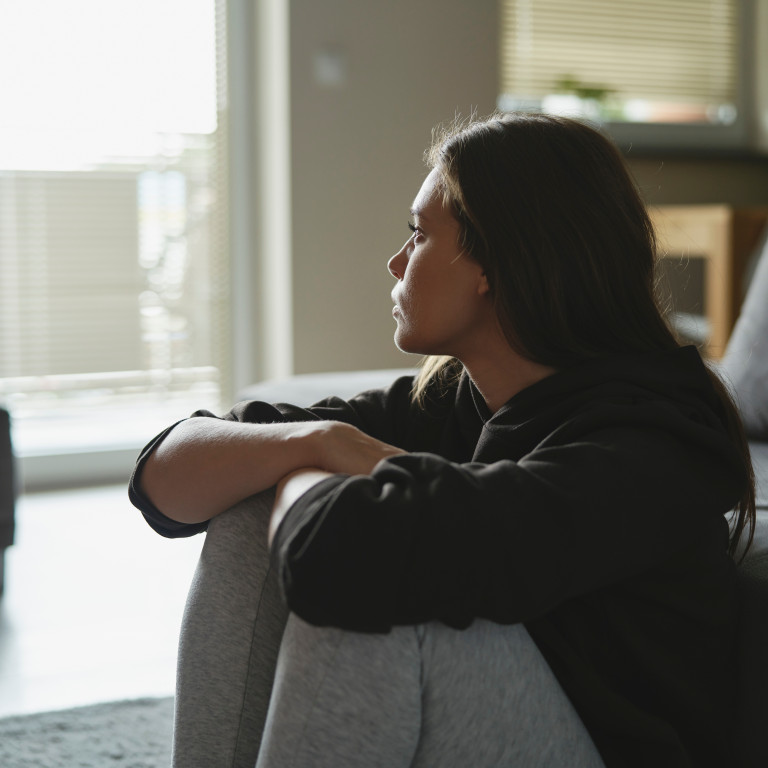Step-families are an ever-increasing family type within the United Kingdom, yet the rights of step-parents after divorce are often overlooked.
Step-parents who have divorced the biological parent of their step-child may legitimately wonder what their ongoing rights and responsibilities are towards their step-children. In this article, we look at what happens after a divorce and discuss issues such as continuing access and financial obligations towards step-children.
The legal definition of ‘step-parent’ in the UK encompasses individuals who have married one of the biological parents of a child. Individuals who have lived with a biological parent for a significant amount of time are not sufficient in themselves, although they may have assumed a traditional parental role for a child that is not biologically theirs. Marriage is therefore a legal prerequisite to acquire step-parent status.
A step-parent may have questions over what their ongoing rights and responsibilities are to their step-children when their relationship ends. Much depends on whether the step-parent acquired parental responsibility for the child during their relationship. It is a common misapprehension that step-parents acquire parental responsibility after they marry the child’s natural parent, or by carrying out the day-to-day responsibilities associated with parenthood.
Parental responsibility can be acquired through:
- Agreement with all of the other individuals who have parental responsibility
- Adopting the child
- Going through the Courts and obtaining a Court Order
Individuals who have parental responsibility have the legal right to make decisions regarding a child’s welfare, including the ability to make decisions concerning medical, educational, and religious matters. An agreement or Order will automatically end once the child reaches 18.
What changes for step-parents after divorce?
There is no presumption of continued parental involvement when it comes to step-parents. When a step-parent divorces the child’s biological parent, they do not have an automatic legal right to see the child. There is one exception to this rule which is if they have officially adopted the child. Though having acquired parental responsibility while in a relationship with a biological parent will not change this, it may have a positive impact on proceedings if they decide to seek a Court Order that allows them to see the child.
What options does a step-parent have for retaining contact with a child after divorce?
- Mediation – the step-parent and biological parent are required to attend mediation before initiating the Court process. Mediation aims to attempt to resolve the issue/s through constructive discourse with the help of an independent third party. If mediation is unsuccessful and an agreement is not reached, the step-parent can resort to Court intervention.
- Court Proceedings – the most useful legal tool is a Child Arrangements Order which determines where the child is to live and with whom they spend their time. A number of factors come into play when a step-parent applies for a Child Arrangements Order and those involved in the proceedings will take into account all the relevant circumstances before making a decision.
What financial responsibilities does a step-parent have after divorce?
The Child Maintenance Service cannot require a step-parent to pay maintenance for a step-child. However if the step-child was raised as if they were part of a new family consisting of (1) the step-parent, (2) the biological parent and (3) any children, the Courts could determine that the step-parent needs to contribute financially. If this is found to be the case, the step-parent may be asked to make monthly maintenance payments, provide the step-child and biological parent with a place to live, and/or cover certain living costs.
How can Tozers help?
In most cases when a step-parent divorces the biological parent they will not automatically be entitled to see their step-children, however, there are several options you can explore to see if it is possible to gain access to your step-child. You can try face-to-face discussions with the biological parent, attend mediation, or apply for a Child Arrangements Order. It is also important for step-parents to note that they may have continuing financial obligations to their step-children after a divorce.
For further information about any part of this article, or to talk to one of our dedicated Family Team, visit their hub page.






